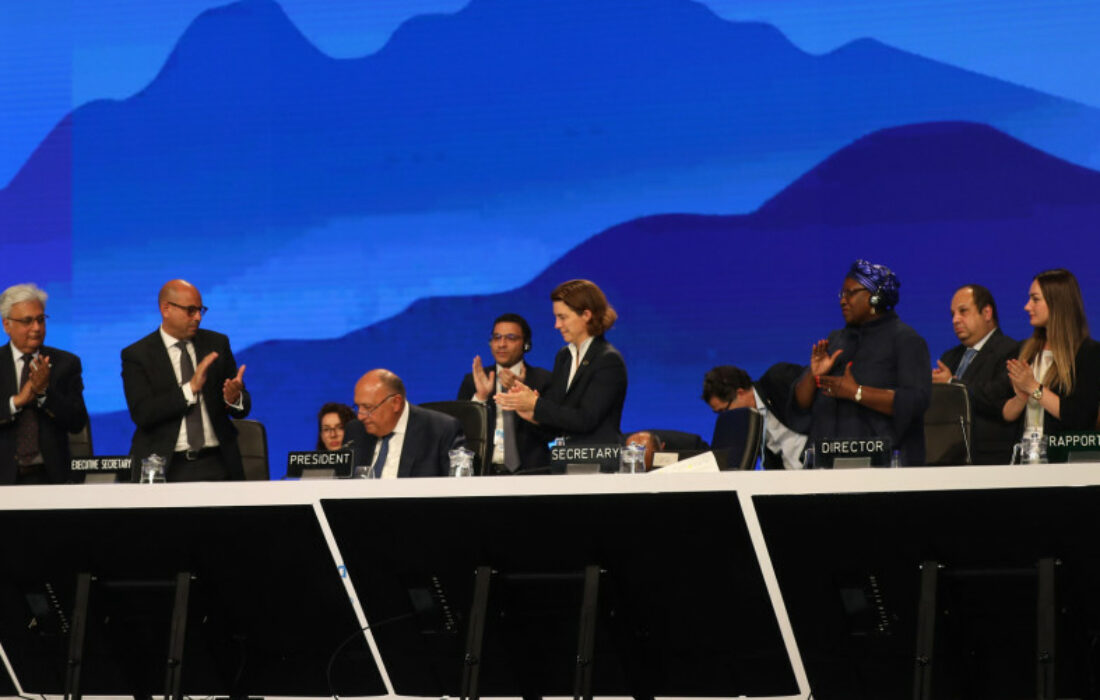Jumia’s Q3 report was interesting, to say the least.
It reports a 33% year-over-year decrease in operating loss, and a 13% year-over-year decrease in adjusted EBITDA loss.
Ten days earlier, co-founders Sacha Poignonnec and Jeremy Hodara resigned from their roles as co-CEOs. Francis Dufay, who previously held the role of CEO at one of Jumia’s Ivory Coast branch, will be replacing both of them as acting CEO.
Its new and improved revenue strategy after half a decade of successive losses on the NYSE is this: “we want to significantly improve our unit economics and create the right fundamentals for long-term growth.”
And it paid off. The improvement was driven by Jumia cutting down on marketing costs in the form of sales and advertising expenses, which decreased 31.5% from $24 million to $16.4 million year-over-year, while simultaneously improving their monetization plan to turn a gross profit increase of 29.2% within the same period.
Dufay wants to see Jumia, Africa’s first publicly traded company, become an attractive platform for third-party vendors.
To achieve this, he plans to move away from monetization shortcuts it took in the past, like increasing commissions for sellers’ services, and instead generating new revenues through value-adds, such as better advertising solutions and a stronger line of local goods.
In a statement to TechCrunch, Dufay explained that this is strongly linked to the e-commerce giant’s battle with local currency depreciation from its three main markets: Nigeria, Egypt and Ivory Coast, a problem that is responsible for an estimated revenue loss of $6M in Q3 alone.
“The volatility in foreign currencies has a big impact on us. Most importantly, it impacts the supply on the market and makes it harder for all retailers, including Jumia, to get the right supply at the right time to sell to customers,” said Dufay. “In several countries, for example, we have seen that governments have taken action to protect their currencies which often involves putting very big constraints on customs [which] inevitably impacts the kind of supply that we manage to bring to the website. But we believe that we are laying out the right plan to mitigate that, one of which is focusing a lot on capturing local supply from distributors and vendors, which is something very critical across all markets. Doing well on that part will help us mitigate the current macroeconomic situation.”
Part of its restructuring plan is scaling back on offerings that haven’t made good ROI across its eleven markets. Dufay added: “These are projects we don’t feel are adding the right value to our ecosystem, to our customers and vendors and the platform.”
Some of them, however, will continue to operate in a few markets, including Jumia’s logistics-as-a-service platform, which is still active in Nigeria, Ivory Coast and Morocco, and First Party grocery e-commerce, which is still active in Nigeria and Ivory Coast.
Jumia Prime, on the other hand, has been paused indefinitely in an attempt to reduce the company’s General & Administrative (G&A) expense.
Like many others within its regional and global ecosystem, Jumia also implemented a number of hiring freezes earlier this year, and it intends to downsize even further to meet revenue goals.
Currently, the Dubai office, where most of the former management team was based, holds the highest corporate priority. There, a number of contracts were terminated, with more jobs due to be cut by the end of the year, whereas others have been relocated to various African offices as Jumia attempts to redistribute its leadership team to regional hotspots.
Dufay explained: “We’re trying to be very clear with the fact that we’re also making very deliberate savings across the base. We want to build a very lean organization and, especially in this macro environment, we need to be very cautious about the cost that we take […] We want to have the most relevant team with the right sizing given the market potential and be as efficient as possible across all locations.”
Jumia’s final effort to enhance its revenue strategy is to expand its product assortment in four key categories: consumer electronics, fashion and beauty, home appliances, and food delivery.
If you see something out of place or would like to contribute to this story, check out our Ethics and Policy section.














